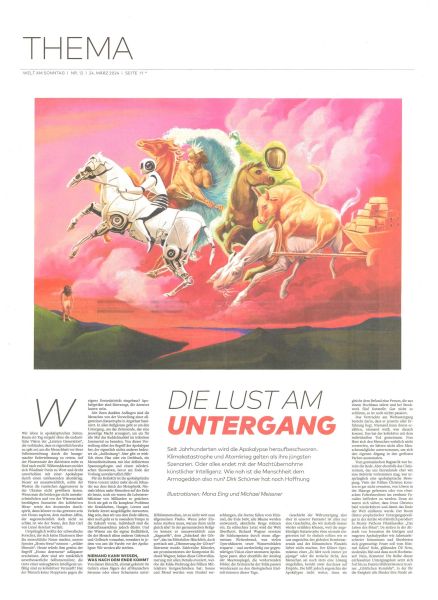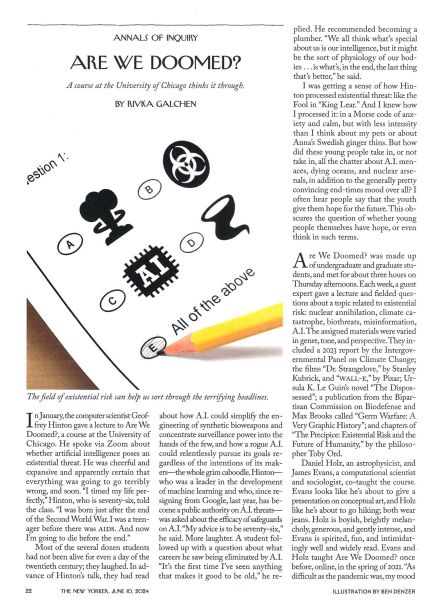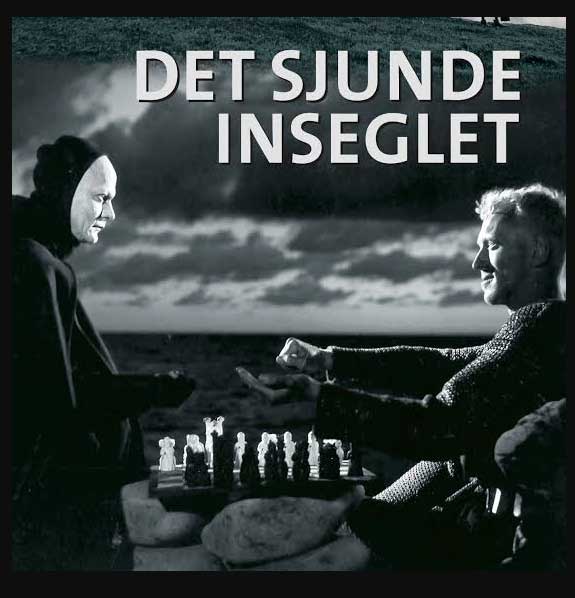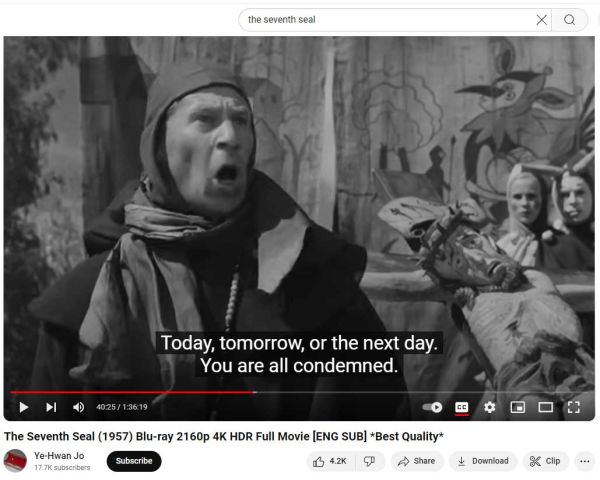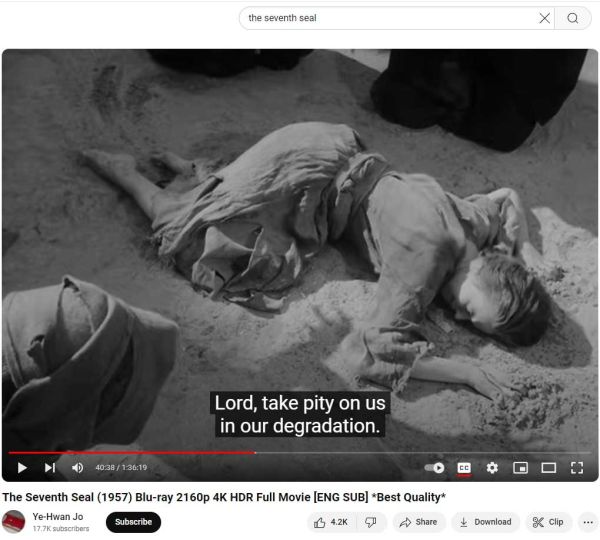The End of the World
The End of the World
I saw this article in the Frankfurter Allgemeine newspaper back in March of this year. The title of it reads "Rejoicing Over the End of the World". The article begins "We live in an apocalyptic age". Many people consider themselves the "Last Generation". Humanity once had a vision of itself as "sapiens"—the best of the Homo genus. Now, we might consider changing it to "Homo destruens", in view of our appetite for destruction through global-warming and nuclear weapons,
The article goes on that many people count on the end of the world happening. They have invested their life-savings in an apocalypse, so to speak. A non-happening would disappoint many of them, now. The idea of a life-ending catastrophe "fascinates" them. It has its roots in the biblical Book of Revelations. The article uses the word "Spannungsbogen", which normally describes the increasing tension of a television-drama: "the self-imposed delay between the onset of desire and its eventual fulfillment." (from Wiktionary, the on-line dictionary)
The Seventh Seal movie, 1957
End-of-the-World scenarios have scared us for centuries. I remember first of all Ingmar Bergman's unforgettable movie The Seventh Seal, set in 14th century Sweden during the Black Plague, which swept across Europe and killed millions of people. In the photo below, a fierce priest preaches the end of the World. The Lord God has decided to exterminate mankind and will soon visit vengeance on sinners. It is a hard movie to watch for Christian and non-believer alike.
The title The Seventh Seal refers, in fact, to chapter 8 in the Book of Revelations: "And the angel took the censor and filled it with fire of the altar . . . and there were thunderings and lightning, and an earthquake. . . . And the third part of trees was burnt up, and all the grass was burnt up."
Viewers of the movie should look at the audience as the morbid priest make his predictions, namely that they don't want to die. Their fear and desperation touched me so deeply, I started weeping. The Seventh Seal puts modern people in touch with their own fears about the future in a productive way. The ancestors did not want the World to come to an end, and neither should we. We owe it to them to carry on, just as they put aside their losses and carried on.
It is the task of a government to address those fears and to reassure the public about the future. "We have everything under control" sort of thing. But you can't simply do that in the modern Dis-United States. The combatants go to Facebook and other venues to exacerbate the divisions, with its efforts to scare and intimidate the opposition. Meanwhile, they terrorize pretty much everyone else. The politicians work harder to get re-elected, so that none actually bothers to reduce the hostility—not that they can, really.
I have read some of Adolf Hitler's campaign speeches. He does what other politicians did not have the insight to do: he talked about the future. He spoke of the future in glowing terms, and said that he and his Nazi Party were the right people at the right time to lead Germans into it. Eric Hoffer is alone in understanding Hitler's insight, when he said that desperate people will follow pedlars of hope more readily than they will a charity meal-truck. (from True Believer, Axiom 12)

